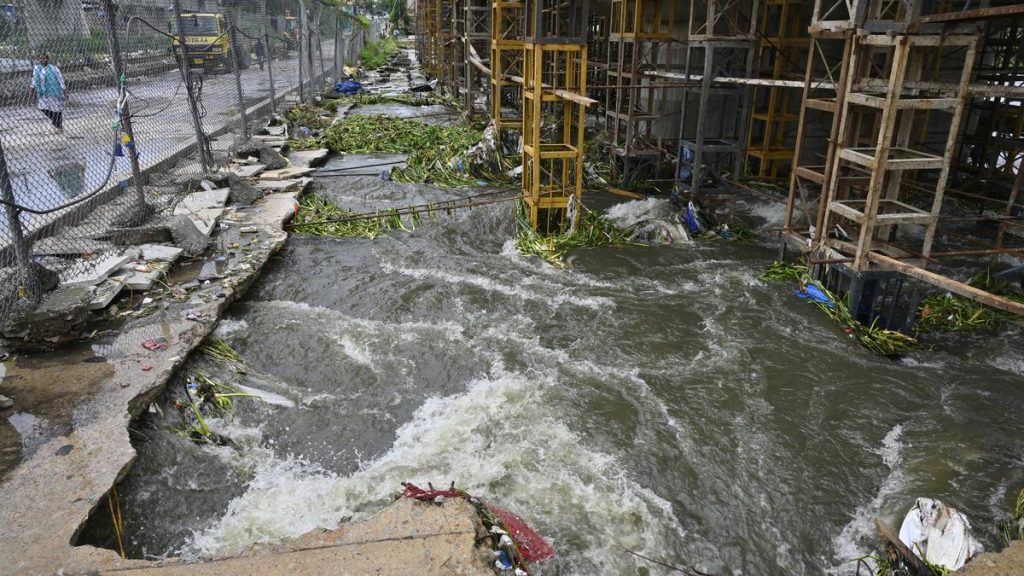Now Reading: Khandre Urges Unified Action to Prevent Bengaluru’s Air Crisis
-
01
Khandre Urges Unified Action to Prevent Bengaluru’s Air Crisis
Khandre Urges Unified Action to Prevent Bengaluru’s Air Crisis
Quick Summary
- Event: Surroundings Minister Eshwar Khandre urged institutional bodies across various sectors to assist the government in increasing bengaluru’s green cover during the inaugural stakeholders conclave of the Karnataka Forest, Wildlife, and Climate Change Foundation.
- Warning: Highlighted that Bengaluru’s population is nearing 1.5 crore, yet lacks adequate green cover-there are fewer than one tree for every seven people.
- Government Action: Officials instructed to study methods for expanding Bengaluru’s green space; plans underway for a 153-acre biodiversity park near Yelahanka costing ₹250 crore.
- Reclaiming Land: Government committed to reclaiming forest land previously allocated to Hindustan Machine Tools (HMT) after its shutdown and creating a large park on the site, while pursuing legal action.
- Technological Initiatives:
– Launch of “Smart Tree Tag,” where every sapling planted will have digital tagging with information like species type and year of planting tied to smartphone connectivity.
– Progress of a citizen-science initiative aiming at physical tagging and online tracking of every individual tree in Bengaluru. Objectives include evaluating trees’ oxygen generation capacity and identifying carbon-neutral or carbon-deficit neighborhoods.
Indian Opinion Analysis
The push to increase Bengaluru’s green cover underscores growing concerns about urban environmental degradation amidst rapid population growth in India’s metro cities. The proposed initiatives-a biodiversity park at yelahanka and reclaiming land for additional parks-represent significant government commitments towards eco-restoration but rely heavily on cross-sector collaboration with institutions.
Minister Khandre’s emphasis on technological innovations such as Smart Tree tag showcases India’s evolving strategy toward smart ecological solutions. If implemented successfully, this initiative could set benchmarks in citizen engagement and corporate participation in greening urban spaces.
Given comparisons drawn with New Delhi’s pollution scenario, proactive measures like these are critical not only for public health but also climate resilience planning as cities face escalating risks from air quality deterioration. However, long-term success depends on sustained funding, active participation from non-governmental players, and efficient execution by authorities.
for more information: The Hindu























